The EbE Team
If you would like to contact any of our members reach us on egs_patients@eugs.org and direct it to the EbE or a specific member of the team.
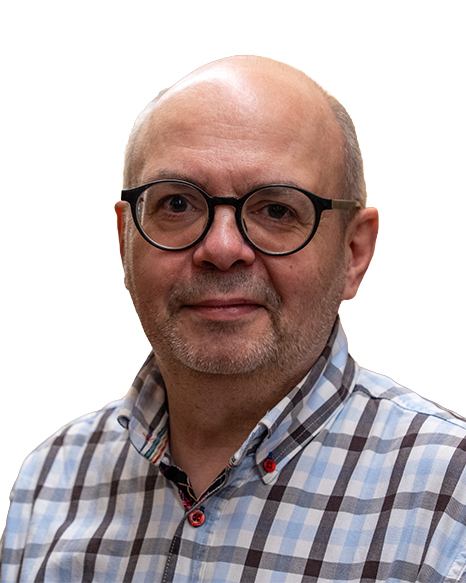
Asle (Norway)
Who am I?
I am a glaucoma patient diagnosed in 2003 then at age 37. Since my primary open angled glaucoma has been treated with eyedrops, laser and surgery (bilateral Trabeculectomies redone once). It has later become known that my father (categorized as blind) had glaucoma. Thanks to treatment at the Haukeland University Hospital in Bergen, Norway, my field of vision has been almost stable for the last 20 years. I am a Norwegian citizen and work full-time as the Communications Director at The Norwegian Veterinary Institute. My education is within social sciences with an MBA in Strategic Management. Wife, two grown-up children and with a huge interest for cultural happenings like concerts and theatre as well as spending time out-doors in mountains, at glaciers or in the fjords.
What do I hope to achieve in the EbE?
As the President of the Norwegian Glaucoma Association for patients and their trusted ones I am keen to learn more and to benefit of European cooperation between representatives of patients and eye doctors in Europe. The EbE initiative is unique and innovative, and I am very eager to see it succeed in empowering patients across Europe to cooperate better with doctors, researchers and so on to improve glaucoma treatment and care of patients. It is an honour to take part and also ful-filling to cooperate between national patient organisations.
Languages Spoken
Norwegian, English, Danish and Swedish (reads German)
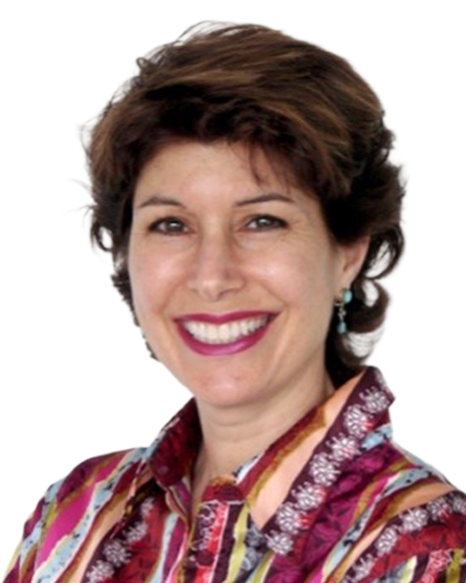
Carol (United Kingdom)
Who am I?
I’ve been battling with primary open angle glaucoma since my early 30s, when I was first diagnosed with pigment dispersion. Eventually, about 10 years later, one eye developed greater signs of glaucoma, then the other. IOP started in the high 30s, then settled for most of my life in the high 20s. Two trabeculectomies followed about another 10 years later, following a long history of all different drug cocktails – none of which managed to get the pressure lower than about 28 for any significant time. I’ve given talks at many EGS conferences about the patient journey and what it looks like from this side and realise how effective and innovative the EGS is in helping potentially change the path for patients.
What do I hope to achieve in the EbE?
At last there is a place for patients to find real-life examples in one place for Europe of what it’s like to live with glaucoma. What I want, passionately, is that each patient journey may be easier and more knowledgeable than it was for me. With the amazing support of other patients in Europe in the EbE and the EGS, we can change the landscape for ever and help dispel some of the anxiety about this disease.
Languages Spoken
English
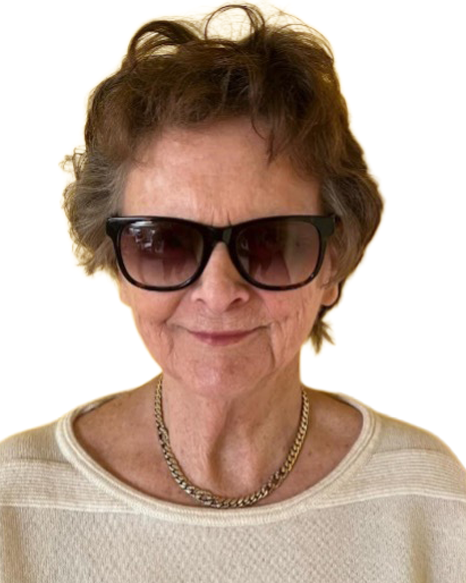
Deb (France)
Who am I?
I was nominated president to the French association in 2020 together with one other volunteer. We set up a network of support and information that was non-existent until then. We now have a network of volunteers, support groups in four different teaching hospitals in France, four geographic hotlines worked by glaucoma patients. There is also a psychologist who gives small group talks, and one hour free consultation to those newly diagnosed. Five glaucoma specialists regularly give talks and write articles for our members, all of which is done on a voluntary basis and financed by donations.
What do I hope to achieve in the EbE?
My wish for experts by experience, a new chapter of EGS, is the same as my wish as president of the French glaucoma association , that treatment and screening becomes systematic and widespread throughout Europe.
That each country offers support groups and information to glaucoma patients.
The information and support that I received through patient groups has been invaluable to me and my family for our journey with glaucoma.
Languages Spoken
English, French, Italian.
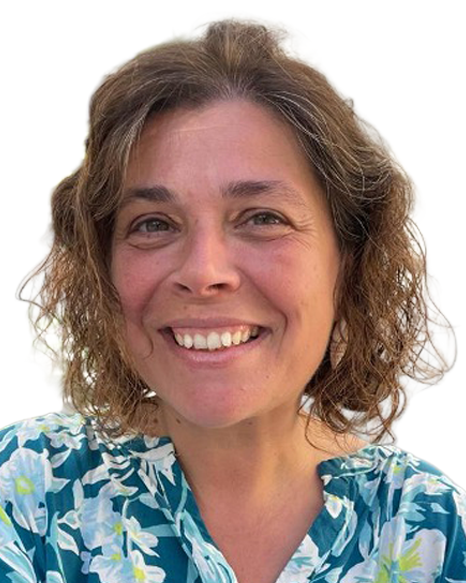
Dora (Portugal)
Who am I?
I am a mother of two children, including a 7-year-old daughter who was diagnosed with bilateral congenital glaucoma just two days after her birth. Over the years, she has undergone numerous treatments, including daily medication and multiple surgeries, such as three valve implants. This journey with a chronic illness has profoundly shaped our family, leading us to prioritize quality of life and resilience.
Professionally, I am a researcher at the Portuguese National Institute of Health (INSA). In 2022, following a caregivers' meeting organized by doctors from the “Hospital de Santa Maria” in Lisbon, the National Paediatric Glaucoma Association (ANGP) was founded, and I was honoured to be nominated its President.
What do I hope to achieve in the EbE?
Through my involvement in the EbE since 2024, I aim to bridge the gap between medical experts and patients, fostering a deeper understanding of the challenges faced by children with glaucoma and their families. Despite cultural differences across Europe, I have observed that patient associations share remarkably similar strengths and challenges. This shared experience highlights the vital role of caregivers in providing emotional and social support, which empowers families to create a stable environment where children can adapt, manage their condition effectively, and build a long-term well-being. The EbE offers a unique platform to amplify these perspectives, strengthening the connection between healthcare providers and families, and enhancing the holistic care of children with glaucoma.
Languages Spoken
English, Portuguese, Spanish, Catalan
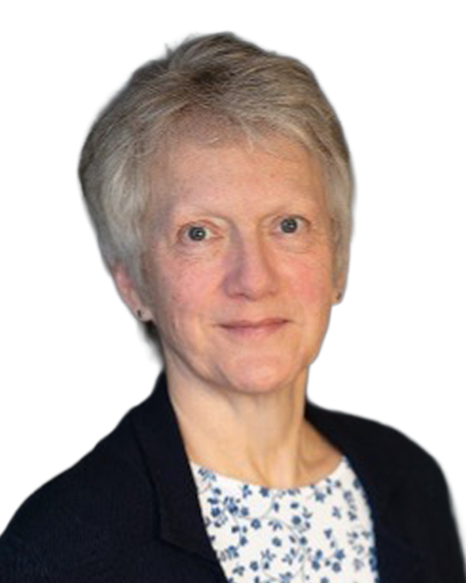
Kate (Germany)
Who am I?
I was diagnosed with bilateral primary open angle glaucoma in my early 50s and having gone through a succession of drops and more frequent dosage in the past ten years, I have recently undergone SLT. I had no idea about glaucoma when I was diagnosed and joined a local support group for glaucoma patients. I came to realise how important this work is and took over the running of the group in 2016. Since 2017 I’ve also been on the board of the German Glaucoma Association (Bundesverband Glaukom- Selbsthilfe e.V.), helping to produce written information for patients, a biannual magazine, organise “Glaucoma Information Days” and online lectures by experts.
What do I hope to achieve in the EbE?
Through my position in the German Glaucoma Association, I became involved in the EbE in 2022. Meeting glaucoma patients from other European countries and glaucoma associations was so inspiring and made me realise how important the exchange of information is. There is so much we can learn from each other and there are still so many countries with no formal patients’ organisations. I am passionate about creating a European patients’ network and this can only be achieved under the umbrella of the EGS.
Languages Spoken
English, German
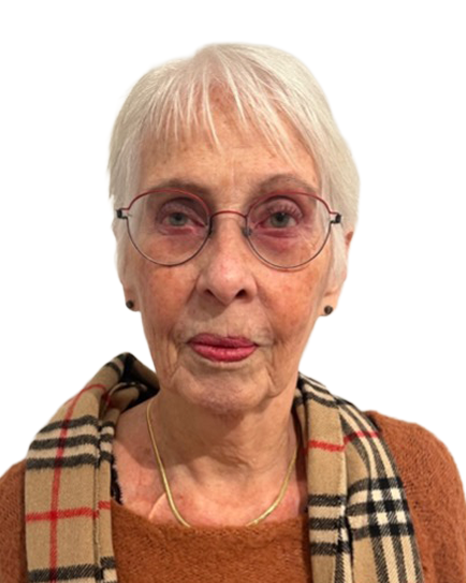
Mona (Sweden)
Who am I?
I was diagnosed with bilateral primary open angle glaucoma, normal IOP, in March 2005. Since 2007 I have three types of eye drops to be taken twice daily. Fortunately, my glaucoma is stable. However, my main problem is now membranes, bilateral over macula. Due to this I gave up driving in October 2022.
Until 2024 I was the chairperson of the regional glaucoma organization of county Östergötland. In addition, I am the secretary of the Swedish Glaucoma Association.
What do I hope to achieve in the EbE?
I started working with the group in 2022 on a research project. I am honoured to be part of the group and find it challenging to improve on knowledge and information between doctors and patients. To assist in developing national glaucoma patient organisations, where these do not exist, is another challenging task.
Languages Spoken
English, Swedish, German
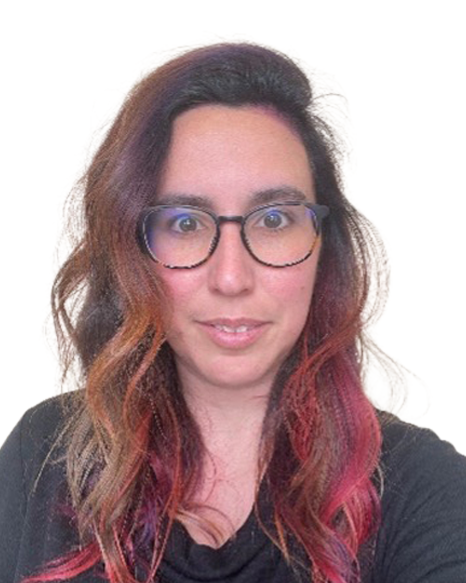
Sarah (United Kingdom)
Who am I?
I’ve had bilateral primary open-angle glaucoma since my mid-20s, having the usual treatments of drops, SLT, and eventually trabeculectomies in both eyes by my mid-30s. I ticked a few boxes for known risk factors, including a family history, so while it wasn't completely unexpected when I first got referred I probably didn't take it seriously enough at first. Thinking glaucoma just meant using drops, it took a few years (and a few missed doses!) before I fully understood what good management really meant, and became more consistent with my treatment.
I’ve always been a bit squeamish about eyes, and nearly fainted more than a few times in a routine check up, so researching my diagnosis, (especially the surgical side of things) was a challenge. When I was approaching surgery, I couldn’t find anyone with a similar background to talk to, even my mum hadn’t been through it yet. Eventually I found support from my national patient group, which was a turning point and really helped calm my nerves. I still had plenty of standard leaflets with advice, but very little information about what to expect long term, especially at a younger age. Post surgery, knowing I represented a minority, I volunteered to be a buddy for those who wanted to speak to me about my experiences I also joined a research study, which meant even more eye tests, but somehow became a bit of a pro at it!
What do I hope to achieve in the EbE?
I first got involved with the EbE in 2022 through a research project. Engaging with patients across Europe & doctors really opened my eyes and broadened my understanding of glaucoma care beyond the UK. It's a real privilege to be part of this team and drive change with the help of the EGS. I want to represent those diagnosed earlier in life, people who often aren’t reflected in the typical patient stories or research.
I’m particularly passionate about improving how information is shared and empowering patients. My experience left me wanting clear, detailed explanations, without the graphical medical imagery that made me squeamish! I also found it hard to know what I could ask and when, so I want to help others feel more confident in those moments. Communication between doctors and patients can shape the whole experience. I’ve had excellent care, and I want that to be the case for everyone.
Through EbE, I hope we can build stronger patient communities, better resources, and make sure the patient voice is heard, across Europe and beyond.
Languages Spoken
English & Arabic (Verbal only – basic level)